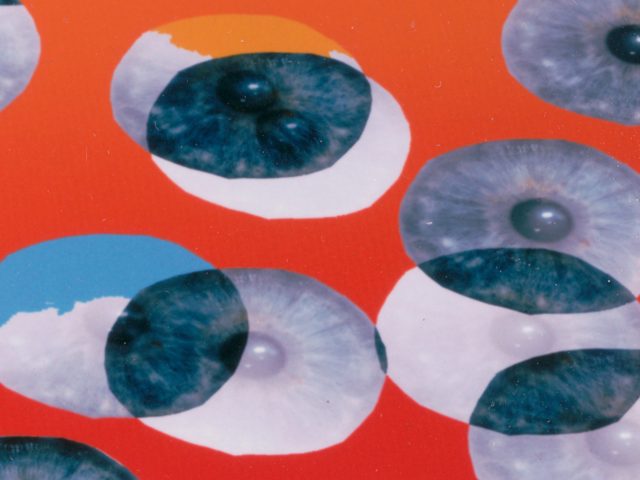- Vonk
‘I will keep singing’
Fri, Sep 20, 2024

One of Barzakh's co-makers is Sandra (39). She resides in prison in Ghent, which she is now allowed to leave during the day to work outside the walls.
'One day, more than a year ago now, in the prison in Ghent, I was given a leaflet about Barzakh. I was immediately interested in getting involved. I saw it as an opportunity to explain to people what being detained means - for people in detention and for their loved ones. I want to tell about my children and my family, about how I miss them and how I feel. There is no such understanding in society today. People only see what they want to see. To what they don't like, they close their eyes.
There are still two of us women participating here in Ghent today. During the first workshop, director Thomas Bellinck asked us to describe in detail the day we were arrested and taken to prison. I knew in advance which day that would be. I had prepared for it, had notified my family, packed my bag, gone to the hairdresser, had my nails done. But still it was a terribly difficult day. They came to take me home in front of my children.It was easy to talk to Thomas. For once, I felt I was really being listened to. That normally never happens in prison. You are always wrong. Every time Thomas was there for a workshop, the hours flew by. He showed us a few operas on his computer. We were not wild about that. ‘Look, Thomas,’ we said, ’the music is nice, but if you want people to really come to see us, you will have to do it differently.’
And he listened to us. Based on our workshops, Thomas drafted the texts. He read them to us in prison - we are not allowed to receive e-mails in detention - and we immediately liked them. Those who know us will recognise us in them. Osama Abdulrasol's music, too, is fantastic. There is rhythm in it, ça bouge!
I feel the need to express myself. Even before I had stepped into Barzakh, I had started a book. I wouldn't call it a novel, but I am writing in detail about my time in prison. I hope people can put themselves in my shoes that way. What I also want to tell them above all: there are not only criminals here. Some were in the wrong place at the wrong time, others did something unacceptable in an impulsive moment.
I titled my book The Other World, because that's what it really feels like. The day you arrive here, you lose not only your freedom but also your rights, even your humanity. Let me give an example. In the prison shop, food items are hugely expensive. That in itself is outrageous, because people in detention have no income. But what makes it inhumane is that you are not allowed to throw anything at anyone. My family supports me 100 per cent so I have never had any financial worries in here, but I am not even allowed to give my neighbour a scoop of salt. Someone in misery should just be left to fend for themselves.
But I am an optimist. I love life and I love music. No matter what happens, I keep singing. That's also in the performance. It is impossible for me not to listen to music for a day. I sing in my cell, I sing for the whole prison and everyone knows it. During the walk, we sit down together and form a human jukebox.
What gives me hope in here is my family. I realise that my detention is even more difficult for my loved ones than for myself. By participating in this, I also want to show them that I know they care and are worried because of me. I feel their deep sorrow, that too is in Barzakh.'
(idg)
